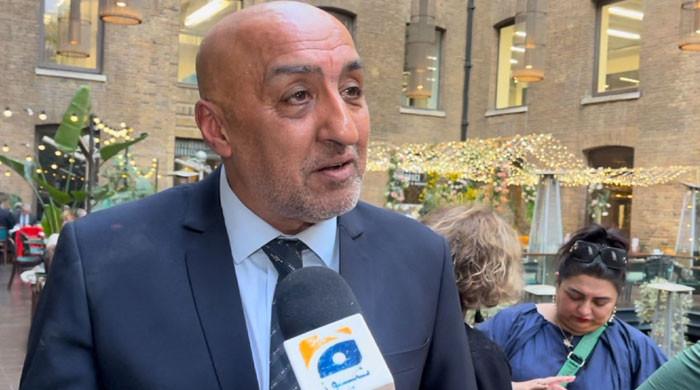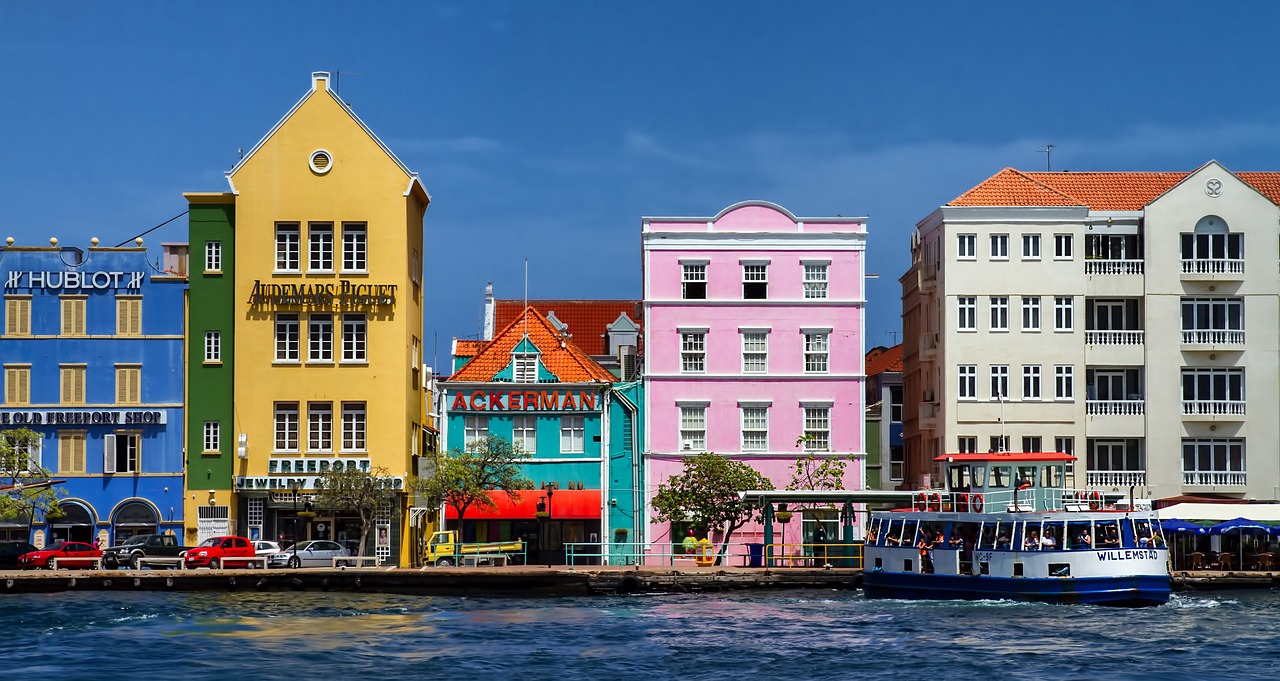Football
Top Asian journalist talks about racism he suffered at UK papers, football grounds

Shekhar Bhatia reveals the racism he endured while trying to make it on Fleet Street
LONDON: One of Britain’s longest serving-national newspaper journalists has released a memoir which reveals the joy and pain he has experienced in 47 years as a reporter — and the worst form of racism he suffered owing to his British Asian heritage.
Shekhar Bhatia, who was born in London and is of Asian heritage, has disclosed the racism he endured while trying to make it on Fleet Street. His parents moved to the UK from Pakistan pre-partition. He spoke to this correspondent at the national launch of his book ‘Namaste, Geezer’. The event was attended by a large number of British Asians working for the mainstream.
On one newspaper, The London Evening Standard, he was denied a desk and for five years, he had to work on a ‘hot desk’ and one of his editors used the cruel “wog” word in his presence at a Christmas party while reading ‘Jerusalem’ from The Bible to remind colleagues of how Great Britain once was.
Others on the Daily Mirror called him a “monkey” and asked him who had cut his tree down while another labelled him their “sepoy runner”.
But Bhatia’s memoir does not reveal him to be a victim, and the tome is rather more a celebration of a life in journalism which brought him to Pakistan five times with Princess Diana and to interview former prime minister Imran Khan.
He told Geo News: “My father was from Lahore which he loved and looked fondly back on after partition. I fell in love with Lahore too. Although I was of Indian descent, the Pakistani people welcomed me and told me I had come home. In Britain, my father’s friends were mainly from Pakistan and India and they loved getting together, smoking a few woodbines and reminiscing.”
Bhatia, who in 2014 was voted Journalist of the Year at Britain’s Asian Media Awards, writes about his love for West Ham United and the racism he endured from skinheads who called him “Paki” and shouted that he should go back to where he came from.
“I was born in Kensington and had grown up in London and did not know then what they meant!” he added.
In his career covering news and sport, he has reported from seven Olympics, seven World Cups, umpteen Wimbledon finals as well as cricket and basketball in the US.
While covering America for the Daily Mail.com between 2015 and late 2017, he travelled to more than 40 states and lived in New York City.
Bhatia has helped produce documentaries for the BBC, Channel Four and NBC and has been involved in making several films on the murder by Blade Runner Oscar Pistorius of model Reeva Steenkamp and carried out the first full interview with her parents for NBC which was shown across the world.
He said: “I always count myself as the luckiest reporter in the world and have met some notable people including Mr Nelson Mandela in South Africa who provided me with the most memorable days of my career. I will never forget his enigma and warm handshake.”
Bhatia writes about his marriage to the best-known British Asian woman Meera Syal and in the past has shunned talking about his famous ex-wife in public. They have a daughter Milli, who is a rising star as a theatre director in the UK.
Bhat, in his book ‘Namaste, Geezer’ writes: “Meera is the most humble, creative and giving woman I have ever met. She is a fantastic role model for young artists and has had to work twice as hard to be allowed to fill the roles that have made her a household name as well as write herself. I am proud of her wonderful theatre and TV work for which she has been awarded a CBE. Barrie Keeffe, the late writer of the film “The Long Good Friday” once said in a radio interview that Meera would become the first Asian Dame of the British Theatre.
“That cannot be too far off and I was delighted to read in The Times that Queen Elizabeth II had once described the Kumara at Number 42 as her favourite TV programme and was even able to recite some of the one-liners from the grandmother character which Meera played and created.”










